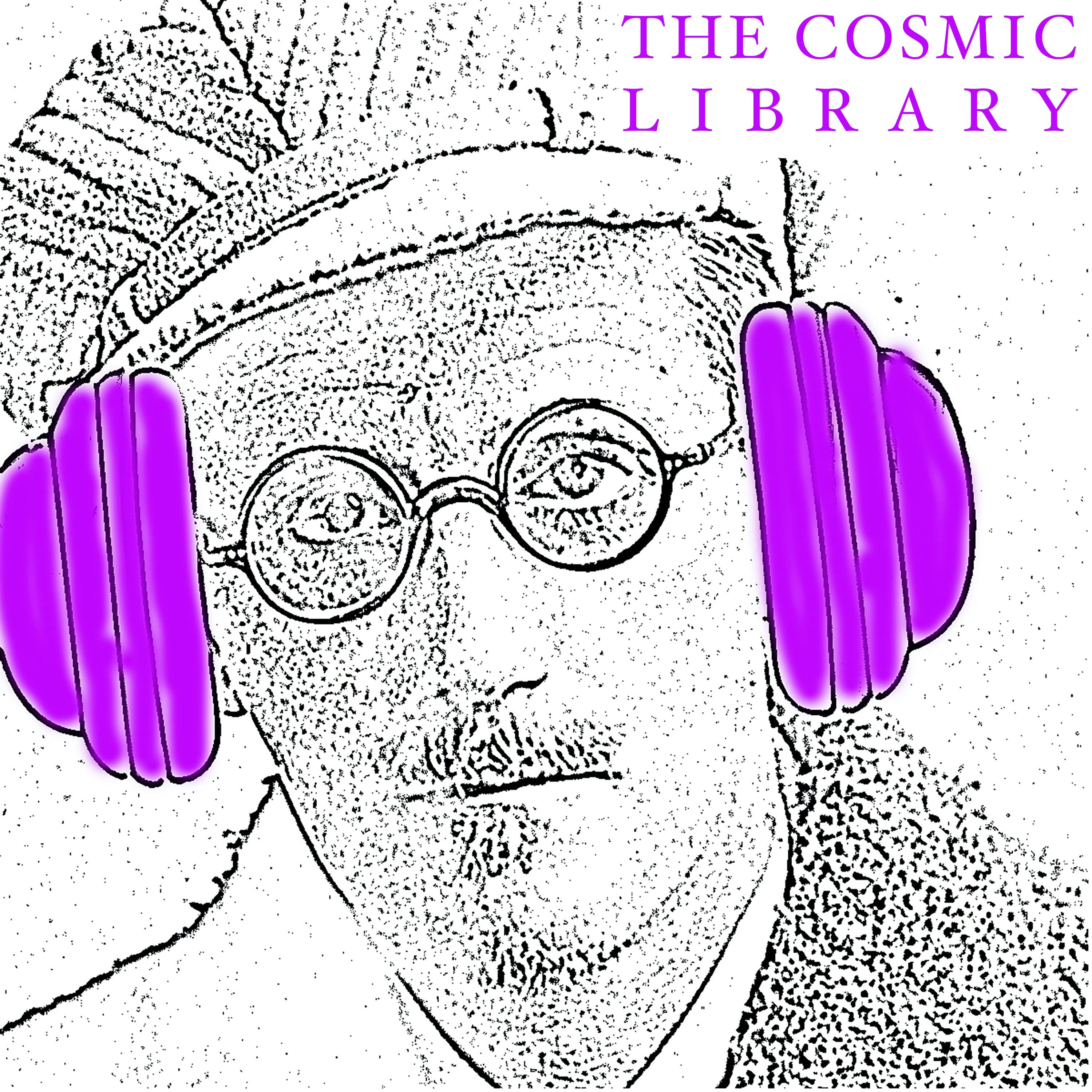2.2 Magnet Mountain
Description
The House of Wisdom was a center of learning in Baghdad of the Abbasid caliphate. Established in the eighth century, it sustained a golden age of science that coincided with the collection of early versions of the 1,001 Nights. In this episode, we hear about the science of the Nights, the science of the Abbasid age, and the history, more broadly, of science fiction.
A similar exchange from culture to culture, language to language, made possible the scientific advances of this time and 1,001 Nights. The very frame narrative of Shahrazad is a Persian story, and leading figures associated with Baghdad’s House of Wisdom were Persian, as well. In this episode, Jim Al-Khalili, author of a book on the House of Wisdom, describes two Persian thinkers, Ibn Sina and al-Biruni:
Both these guys were philosophers, scientists, polymaths—and they were having the sorts of debates about the nature of reality that would not seem out of place in modern physics . . . debating about: how does the light from the sun reach the Earth as it travels through space, are there many worlds, are there parallel universes? Stuff that you’d think, “How could they possibly be talking about that?” I just get the feeling that we didn’t invent cleverness in modern times.
The Nights and scientific work have more in common than speculative thinking and reliance on cross-cultural communication, too. Both depend on ceaselessly driving toward something yet to be fully grasped—either through repetitive experiments or repetitive storytelling. Maybe it was inevitable, then, that the Nights would have a major part in the history of science fiction. You’ll hear in this episode how magnetism was a scientific preoccupation that became a source of adventure within the Nights—specifically, within the stories of “The Porter and the Three Ladies of Baghdad,” which also contain a link to a later monument of science fiction: Mary Shelley’s Frankenstein.
Learn more about your ad choices. Visit megaphone.fm/adchoices
More Episodes
The word “story” often comes after the word “bedtime,” and for good reason. Stories can frighten us, disturb and shock us, prompt us to change our thinking, but compared to most experiences, reading a story is tranquil. Podcasts, similarly conveying mediated encounters with other lives, are also...
Published 05/22/24
Published 05/22/24
“If my college-age self, reading White Noise, had thought I would one day be discussing word placement with Don DeLillo, I would have had a heart attack,” Deborah Treisman says in this episode. Since those days, in her role as fiction editor at The New Yorker, she has indeed discussed word...
Published 05/15/24


